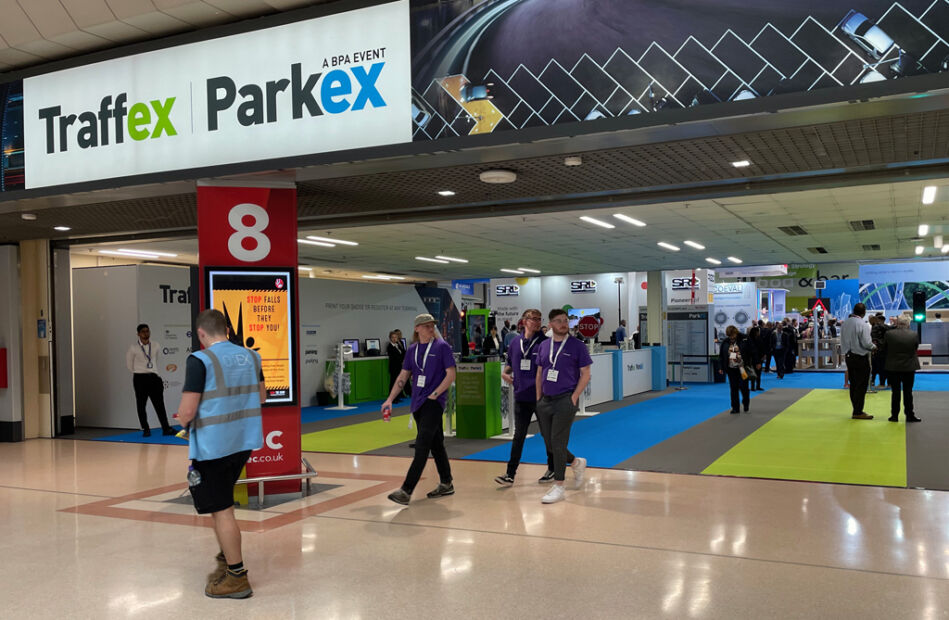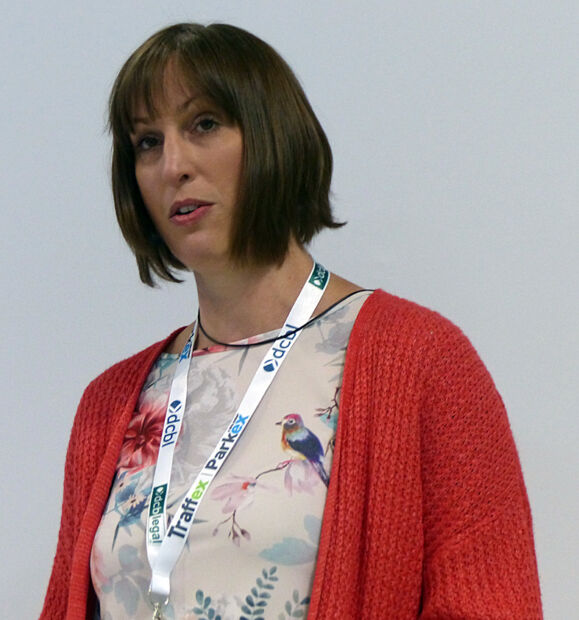There’s more to smart cities than emptying bins
- June 9, 2023
- Steve Rogerson
Steve Rogerson looks at autonomous driving and public transport and how they will merge in future smart cities.

My previous blog on the difficulties facing car makers as they moved towards automated driving provoked some interesting responses, to the point that I have the feeling there are some out there who are secretly, and maybe not so secretly, hoping this adventure will fail.
Let us be clear. It won’t. The overall goal of self-driving cars will be reached. The question is not if but when. The point I was making was that car makers now realise they need to scale back a bit and focus more on the technologies that can assist the driver rather than those that will replace the driver, even though that still is the ultimate aim.
That said, oddly now that many car makers have stepped back, the technology will probably start moving quite fast. Because the driver-assistance goals are easier, they will be reached more quickly and drivers will become more used to the car playing an active role in driving. And once you get that ball rolling properly, anything can happen.
As drivers become used to the car doing things, they will accept it doing more, and even accept it taking full control at times, and then at more times, and then, well, why not just let it get on with it?

You see, there is a big motivation for this – safety. I was reminded of that at this week’s Traffex event in Birmingham, UK, when Suzy Charman, executive director of the UK’s Road Safety Foundation, said that globally road accidents were the leading cause of death for those aged between five and twenty-nine. In the UK, for example, this is not coming down.
“There has been stagnation in road deaths in the UK,” she said. “We are not making progress.”
And it is not just accidents for which cars are responsible. Air pollution, for example, kills 5000 people annually in the UK, and much of that comes from traffic.
What she was advocating was that we do not have to accept this. Not only can advances in car technology save lives, but so can better planning of our towns and cities. That includes more use of public transport. She quoted Luxembourg as an example where they have made public transport free.
“There are radical rethinks going on,” she said. “Deaths and serious injuries are not unavoidable as a by-product of mobility.”
She said a safe system was one in which the potential for fatal or serious injuries had been designed out. And it had to work for all types of people.
“It has to work for absolutely everyone,” she said.
She acknowledged though that most accidents were caused by human mistakes. “We all make errors,” she said. For that reason she welcomed the advances in driver assistance technologies such as sounding a warning if the driver shows signs of drowsiness or the car drifts out of lane.
However, she bemoaned the fact that road safety was not top of the list in the public health agenda.
So, let us take a breath here. We are not going to have fully autonomous cars whizzing round our streets on a regular basis any day soon. But we can take those cars out of the city centres where many accidents between cars and pedestrians and other vulnerable road users take place. To do this, we need to encourage more people onto public transport.
In Europe and in some but not all places in Asia this is happening. In the USA generally, not so much so as it has a much larger car driving culture. That has to change there and elsewhere. The initiative by Luxembourg to make public transport free could be copied elsewhere, but it would need a commitment by governments to splash the cash to fund this. Not easy, especially as governments are still licking their wounded wallets after spending a fortune to get us through the Covid crisis.
Thankfully, this kind of thinking is high on the agenda for those planning future smart cities. But again it is patchy. They need to remember a smart city involves more than better bin collecting. It is about making our cities a more pleasant place to live and work.
And here not just public transport but autonomous public transport will play a big role.





